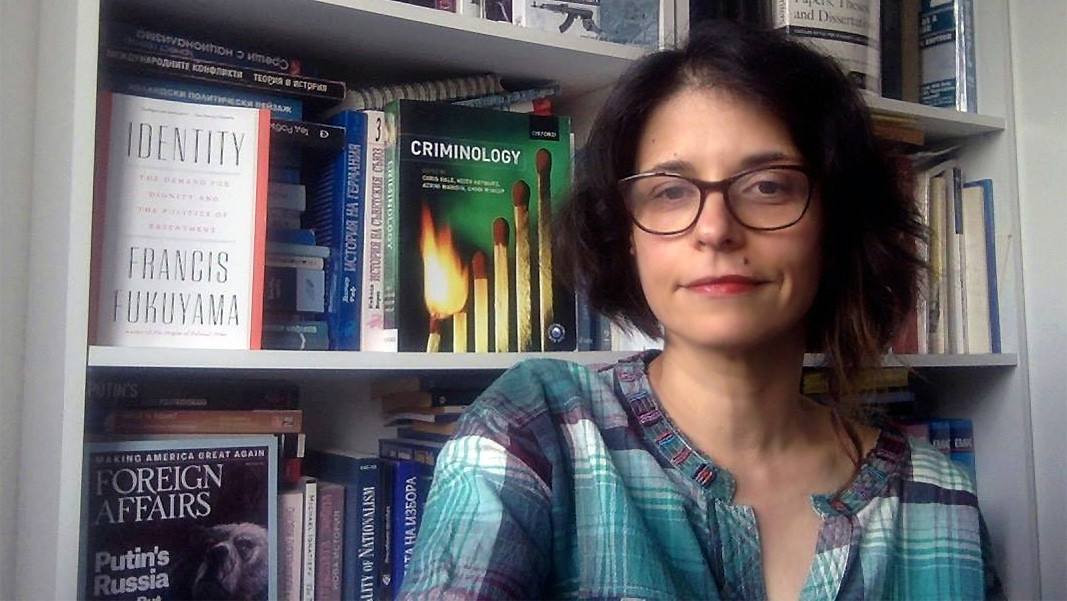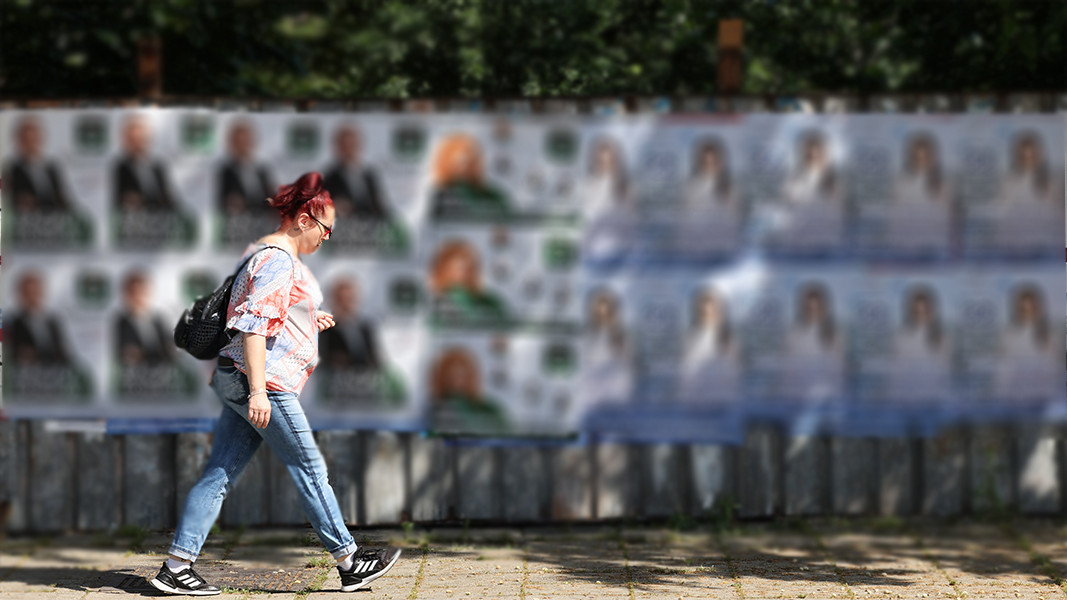"If we had to make a comparison between Bulgaria and the Netherlands, both countries fell into a difficult situation related to the impossibility of forming a government in the past year. It was necessary to resort to extremely difficult-to-form coalitions, and this surely affects the current vote,” says political scientist and former colleague from Radio Bulgaria Hristina Karageorgieva, who has been living in the Netherlands for many years. We contacted her at the start of today's election day to comment on the topics that did and did not find a place in the campaign of the candidates for power.

According to Karageorgieva, more and more voters in this country and in the EU are resorting to protest vote, as one of the reasons is the accumulation of a series of crises - economic, health, political, etc. These upheavals revealed the difficulties of member states to cooperate and to solve society's problems in a fast and efficient way. "This gave many of the populist parties the opportunity to compete for the citizens' protest vote, sometimes too successfully," Hristina Karageorgieva says and adds:
"The perception that Europe is something external has existed in Bulgaria for years and Brussels is often perceived as some kind of "Big Brother", or as an analogue of Brezhnev - the chairman of the Supreme Council of the USSR, who imposes on us decisions from somewhere far away that we obey. This greatly undermines the confidence of the Bulgarian voter and people who feel abandoned by the political class in the past 20 years. We've seen the rise of populist parties in recent years. We're seeing something very similar all over Europe. The liberal parties, which have been doing well until recently, will actually be the biggest losers in these European elections."
The traditionally low voter turnout, especially in the European Parliament elections, is a worrying sign for our entire political system, Karageorgieva says. This trend shows the inability of politicians to organize a public debate about Bulgaria's place in the EU. Many Bulgarians do not want to vote because they are apathetic or angry with the system.

"A big surprise can come from them, because in the last moment they can decide to vote mostly for parties with a negative and protest vote. On the other hand, we have the pro-European voters. They perceive the EU as one big family, in which decisions are made by consensus based on shared European values. However, these people have been more or less confused by the domestic political developments of the past two years, including the inability of our political system to create a uniform government, so we can expect surprises from them as well "
The current elections are very important as the future of the EU is now in question, Hristina Karageorgieva from the Netherlands also says.
Author: Veneta Nikolova
Publication in English: Al. Markov
Photos: Pixabay, EPA/BGNES, personal archive
With 128 votes in favour, 56 against and six abstentions, the National Assembly elected Maria Filipova, the chair of the Consumer Protection Commission, as deputy ombudsman of the Republic of Bulgaria. She received support from MPs belonging to..
Deputy Prime Minister Atanas Zafirov's attendance at a military parade in China provoked a strong reaction from We Continue the Change-Democratic Bulgaria (PP-DB) , who submitted a declaration to the National Assembly. Speaking from the parliamentary..
The autumn session of the 51st Bulgarian National Assembly was opened with the anthems of the Republic of Bulgaria and the European Union, after which the parliamentary speaker Natalia Kiselova called on the deputies to be fully aware of the..
With 128 votes in favour, 56 against and six abstentions, the National Assembly elected Maria Filipova, the chair of the Consumer Protection Commission,..

+359 2 9336 661
